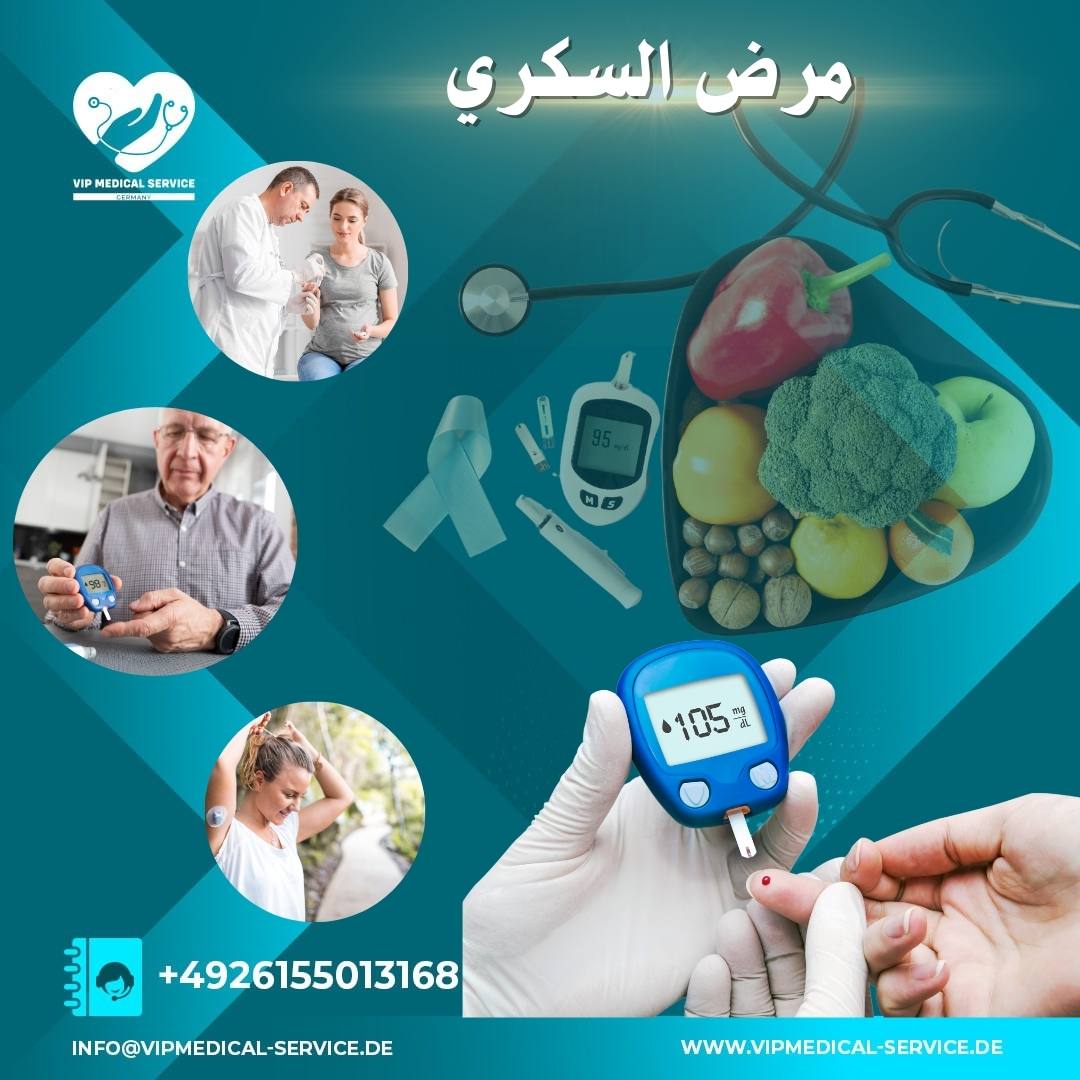Monkeypox Virus: An Emerging Public Health Concern
22 Aug, 2024Monkeypox is diagnosed based on clinical symptoms and confirmed through laboratory tests such as Polymerase Chain Reaction (PCR) to detect the virus's DNA
05 Jul, 2024 - Medical Info

Diabetes is a chronic condition that affects how the body handles glucose, a type of sugar in the blood. It occurs when the body either does not produce enough insulin or cannot effectively use the insulin it produces.
The causes of diabetes vary depending on its type:
Type 1 Diabetes: This occurs when the immune system attacks the insulin-producing beta cells in the pancreas. The exact causes are unknown, but genetic and immune factors are believed to play a role.
Type 2 Diabetes: This happens when the body becomes resistant to insulin or when the pancreas does not produce enough insulin. Risk factors include obesity, lack of physical activity, genetics, and aging.
Gestational Diabetes: This occurs during pregnancy when the body cannot handle the additional insulin demands. Contributing factors include being overweight and having a family history of diabetes.
Type 2 diabetes develops slowly, and individuals may have insulin resistance for years before symptoms appear. Without effective management, it can lead to serious complications such as heart disease, nerve damage, kidney damage, eye damage, and foot problems.
Symptoms of Diabetes:
Complications:
Comorbidities Associated with Diabetes:
High-Risk Groups for Diabetes:
Coping with Diabetes:
Latest Treatments for Diabetes:
Germany plays a pivotal role in combating diabetes through various strategies:
VIP Medical Service collaborates with top hospitals and research centers and has close ties with leading German doctors. Do not hesitate to contact us for consultation and to find a specialist for your condition.